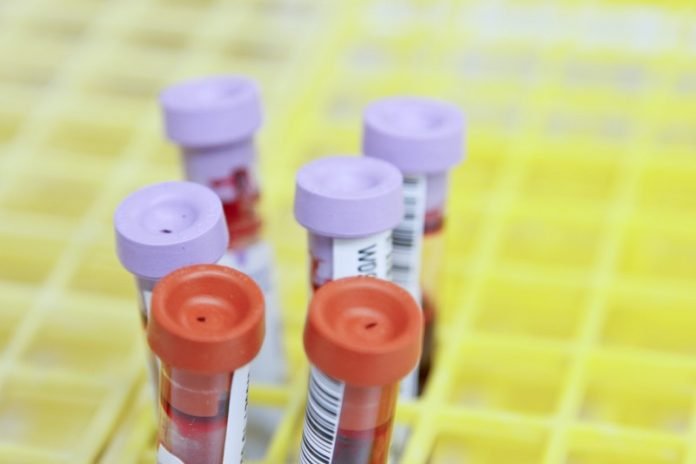
In a study from Sanford Burnham Prebys Medical Discovery Institute, scientists have discovered that prostate cancer can be killed by targeting a single enzyme, called PI5P4Kα.
The findings could help address the growing threat of treatment resistance in prostate cancer and could also lead to improved treatments for other cancers, such as those affecting the breast, skin, and pancreas.
Many cases of prostate cancer can be treated through treatments that lower testosterone and other male sex hormones, but about 10–20% of prostate cancer cases resist treatment within five years.
This treatment-resistant prostate cancer can then spread to the rest of the body, where it becomes deadly.
The study was prompted by a previous finding from the team. They noticed that patients with treatment-resistant prostate cancer had high levels of PI5P4Kα, suggesting that this protein played a role in cancer’s ability to resist treatment and grow.
The researchers are then able to show—using multiple prostate cancer model systems—that inhibiting this enzyme could kill treatment-resistant prostate cancer.
PI5P4Kα is part of a group of enzymes called PI5P4Ks that are involved in the metabolism of lipids, a type of molecule that includes fats, hormones, and many vitamins.
While other areas of cancer metabolism have been extensively researched for decades, lipid metabolism has only recently emerged as a promising treatment target for cancer.
The team says it is great that an enzyme can be targeted against prostate cancer even in cases where treatments that lower hormones are ineffective or where resistance has developed.
This could give scientists a whole new weapon against prostate cancer and other cancers that rely on this enzyme.
The team is working to develop drugs to target this enzyme, and there are several companies out there developing their own drugs as well.
If you care about prostate cancer, please read studies that dairy foods may increase the risk of prostate cancer and a new strategy to treat advanced prostate cancer.
For more information about prostate cancer, please see recent studies about a new way to lower the risk of prostate cancer spread, and results showing three-drug combo boosts survival in metastatic prostate cancer.
The study was conducted by Brooke Emerling et al and published in Science Advances.
Copyright © 2023 Knowridge Science Report. All rights reserved.



